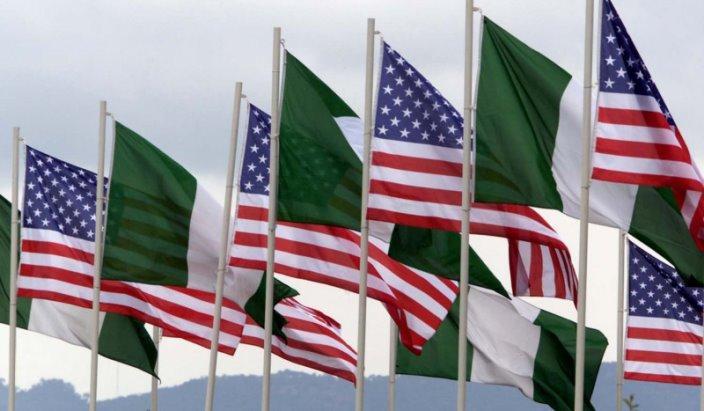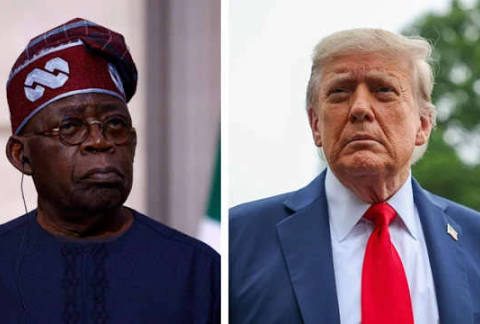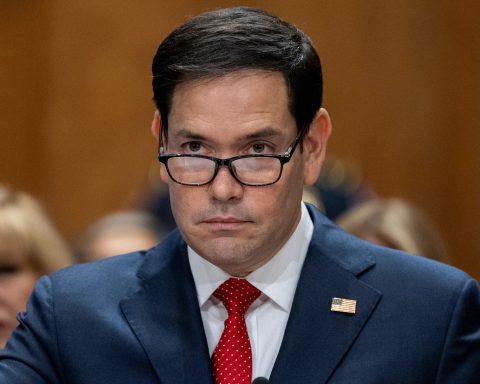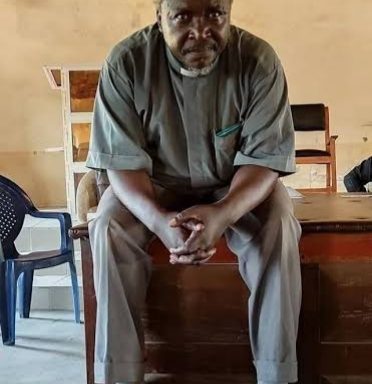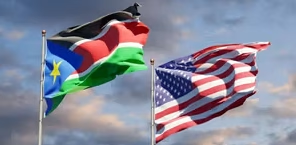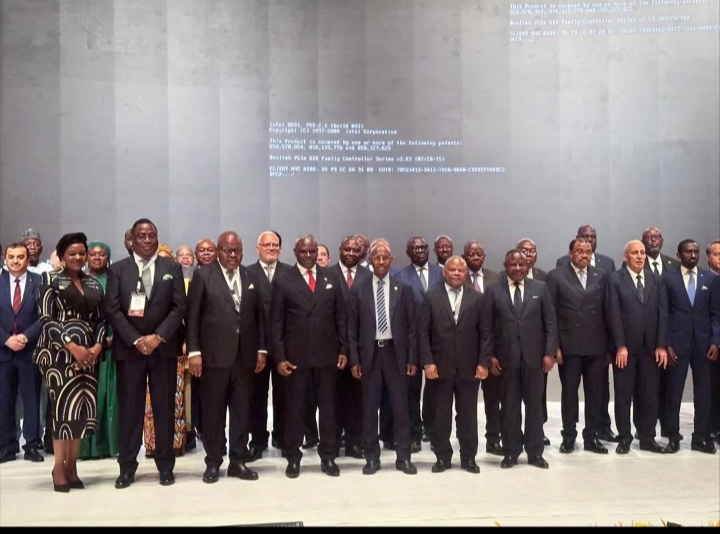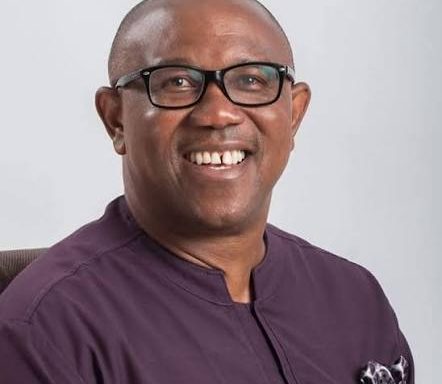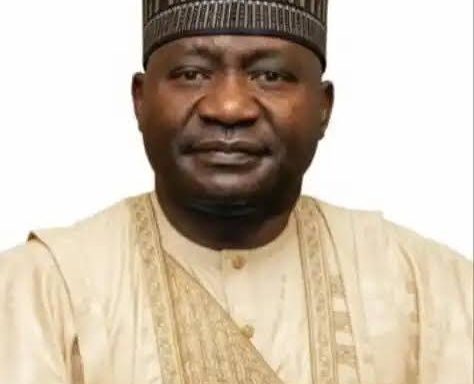The United States House of Representatives has introduced new legislation commending President Donald Trump for redesignating Nigeria as a “Country of Particular Concern” (CPC) and urging a tougher U.S. response to alleged religious-freedom violations in the country.
Rep. Chris Smith (R-NJ), Chairman of the House Foreign Affairs Subcommittee on Africa, on Wednesday unveiled H.Res.860, which calls for targeted sanctions, stricter oversight of U.S. assistance to Nigeria, and increased pressure on Abuja to address persistent attacks on Christian communities.
The bill cosponsored by Reps. Bill Huizenga (R-MI), Gus Bilirakis (R-FL), and Maria Elvira Salazar (R-FL) builds on an earlier resolution introduced by Smith in March.
Join our WhatsApp ChannelThe new measure praises Trump for reversing what it describes as an “ill-advised” decision by the Biden administration, which removed Nigeria from the CPC list in 2021.
READ ALSO: Tinubu Reaffirms Nigeria’s Commitment to Religious Freedom, Rejects Claims of Intolerance
US Lawmaker Hits Back at China Over Warning on Nigeria, Backs Trump’s Threat
“For Christians in Nigeria, daily life has become a constant threat of murder, kidnapping, rape, and torture by radical Islamists,” Smith said, citing attacks linked to Boko Haram insurgents and armed Fulani groups. He added that the legislation “lays out a detailed roadmap” for how the State Department should engage Nigeria going forward.
Under H.Res.860, U.S. agencies would be encouraged to deploy a range of diplomatic and financial tools, including:
- Targeted sanctions and visa bans under the Global Magnitsky Act on individuals and organisations implicated in religious-freedom abuses, specifically naming Miyetti Allah Cattle Breeders Association of Nigeria (MACBAN) and Miyetti Allah Kautal Hore.
- Conditions on U.S. foreign assistance, including global health programmes, requiring Nigeria to show measurable progress in addressing attacks on religious communities.
- Increased humanitarian support for faith-based groups affected by violence.
- Designation of Fulani militias operating in Benue and Plateau states as “Entities of Particular Concern.”
Huizenga, who chairs the House Foreign Affairs Subcommittee on South and Central Asia, said the scale of violence in Nigeria demands a firmer U.S. response.
“The slaughter of innocent Christians in Nigeria demands strong action,” he said. “Nigeria must do more to protect all innocent individuals within its borders.”
The legislation follows renewed concerns in Washington about escalating insecurity across Nigeria’s Middle Belt and northern regions, where thousands have been killed in attacks on villages, churches and farming communities. While the bill highlights the targeting of Christians, it also notes that both Christians and Muslims have been victims.
Smith, who has held several congressional hearings on Nigeria, argued that the Nigerian government has failed to respond adequately.
“It is well past time that the United States holds the Nigerian government responsible for its inability or unwillingness to fully confront and combat unchecked, widespread religious persecution,” he said.
Nigeria’s government has repeatedly rejected claims of systemic religious persecution, insisting that violence in the country stems from criminality, terrorism, and farmer-herder conflicts rather than religious motivation.
H.Res.860 remains a House resolution and would require further legislative steps before its recommendations can be implemented.
Amanze Chinonye is a Staff Correspondent at Prime Business Africa, a rising star in the literary world, weaving captivating stories that transport readers to the vibrant landscapes of Nigeria and the rest of Africa. With a unique voice that blends with the newspaper's tradition and style, Chinonye's writing is a masterful exploration of the human condition, delving into themes of identity, culture, and social justice. Through her words, Chinonye paints vivid portraits of everyday African life, from the bustling markets of Nigeria's Lagos to the quiet villages of South Africa's countryside . With a keen eye for detail and a deep understanding of the complexities of Nigerian society, Chinonye's writing is both a testament to the country's rich cultural heritage and a powerful call to action for a brighter future. As a writer, Chinonye is a true storyteller, using her dexterity to educate, inspire, and uplift readers around the world.


